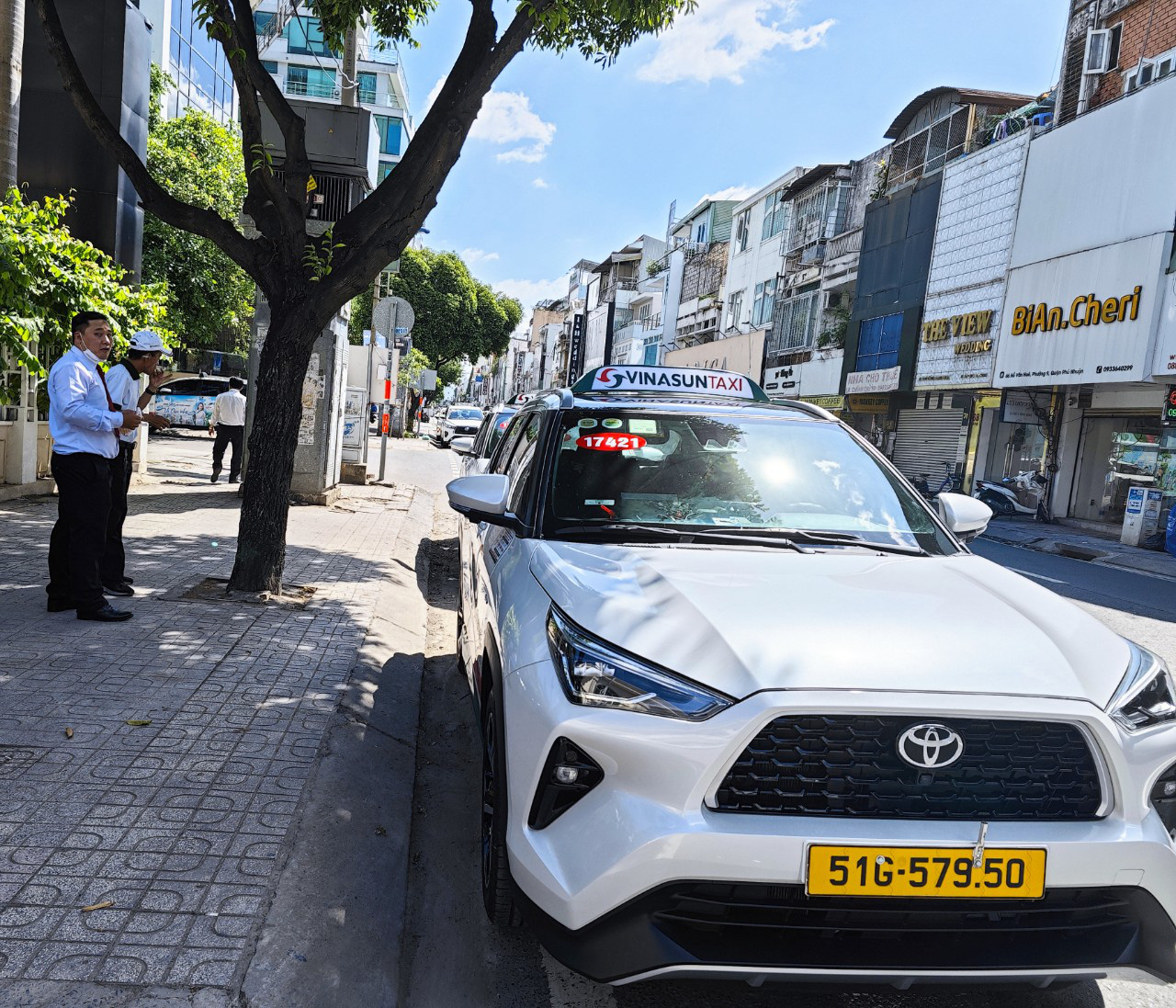
Traditional taxis buy thousands of hybrid cars to run their services instead of investing in pure electric cars - Photo: CONG TRUNG
Hybrid petrol electric taxi
Mr. Dang Thanh Duy - General Director of Vinasun - said that in 2024, the company will invest 630 - 650 billion VND to renew its fleet of more than 800 hybrid vehicles (gasoline-electric hybrid) such as Toyota Yaris, Innova...
The number of new cars has been delivered by the car company and Vinasun has operated all ordered cars to transport passengers, meeting customer needs.
The taxi giant in the Southern region also committed to keeping the fare unchanged for the new service.
Currently, the opening price for a standard 4-seat taxi service is 11,000 VND/500m. Within a 30km radius, the fare per km is 17,400 VND and decreases to 14,500 VND from the 31st km onwards.
In addition to receiving more than 800 hybrid vehicles, Vinasun also signed a strategic cooperation project for the investment plan of 2,000 Toyota hybrid vehicles in 2025.
Traditional taxis are "changing their clothes" with new fleets of vehicles, competing with electric taxis like Xanh SM of billionaire Pham Nhat Vuong and other technology-based car apps like Grab, Be, and Gojek.
Meanwhile, Mai Linh said it will buy 10,000 new cars within 3 years. In 2024 alone, the company aims to invest in 2,224 cars, including 1,000 hybrid cars for major markets such as Hanoi and Ho Chi Minh City.
According to traditional taxis, choosing to buy a hybrid car operates differently than a gasoline car or a pure electric car. A hybrid gasoline-electric car saves fuel and does not require charging time, but also reduces CO2 emissions, contributing to environmental protection.
However, according to Tuoi Tre Online , besides the pure electric taxi company Xanh SM, many traditional taxi companies are gradually converting their fleet of vehicles from gasoline vehicles to electric vehicles.
Typically, MaiLove taxi (Nghe An), En Vang taxi (Hai Phong), Lado taxi (Lam Dong), Bach Dai Dung taxi (Ha Tinh)... have invested from several hundred to thousands of new electric cars with diverse investment methods, from buying, renting or leasing electric cars.
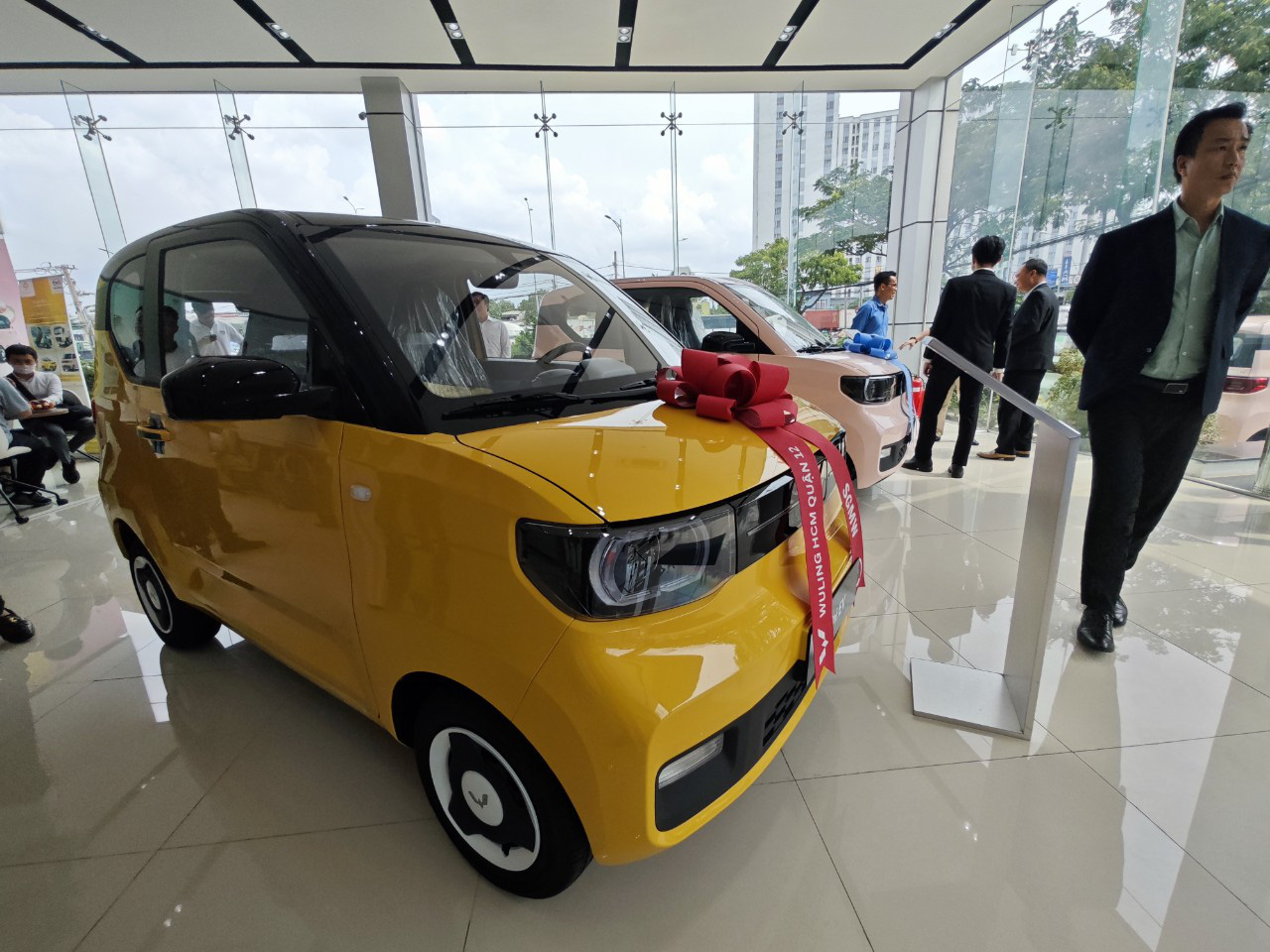
A private enterprise in Ho Chi Minh City bought 2,000 mini electric cars, opening a service to pick up and drop off students, office workers and drinking customers - Photo: CONG TRUNG
Private enterprises even "generously" spent money to buy 2,000 pure electric cars to provide new services in Vietnam.
Mr. Vo Quoc Binh, representative of Togo Group Joint Stock Company (HCMC), said that he has signed a contract to buy 2,000 Wuling Mini EV electric cars to provide free pick-up and drop-off services for drinking customers and children to school and people to work.
According to Mr. Binh, the service of picking up children from school is of interest to many parents. The company offers a price of 3.7 - 4.9 million VND/month.
In addition, this company also offers a unique, pioneering service in Vietnam, which is to pick up and drop off customers for free to eateries, restaurants, hotels, spas, etc., meeting all daily travel needs over short distances suitable for each time.
Create support for taxi businesses to convert to electric vehicles
In June 2024, Deputy Prime Minister Le Minh Khai issued a document assigning the Ministry of Transport to preside over and coordinate with relevant agencies to research and propose support solutions and create conditions for transport enterprises to soon convert road vehicles to use clean energy.
Previously, the authorities also issued many decisions to promote the electric vehicle market. At the end of April, the Ministry of Transport issued a circular requiring that rest stops of type 1, 2 and above must have charging stations and separate parking spots for electric vehicles.
The electrical system serving the charging stations and equipment for electric cars must be synchronous and complete according to usage needs and each investment phase.
The Vietnam Road Administration has also revised the standards for road rest stops, requiring all rest stops on national highways and expressways to have a minimum parking space for electric cars to charge, accounting for 10% of the total parking space at the station.
These policies help address the charging infrastructure bottleneck—one of two factors, besides price, that prevents consumers from choosing electric cars over internal combustion engine vehicles. The Vietnamese government has set a target of electric vehicles accounting for 10% of all new car sales by 2030.
Source: https://tuoitre.vn/von-do-vao-nganh-taxi-mo-dich-vu-dua-don-hoc-sinh-va-khach-nhau-20240617143542295.htm


![[Photo] Prime Minister Pham Minh Chinh chairs meeting of Steering Committee for key projects and railway projects](https://vstatic.vietnam.vn/vietnam/resource/IMAGE/2025/4/26/b9534596258a40a29ebd8edcdbd666ab)
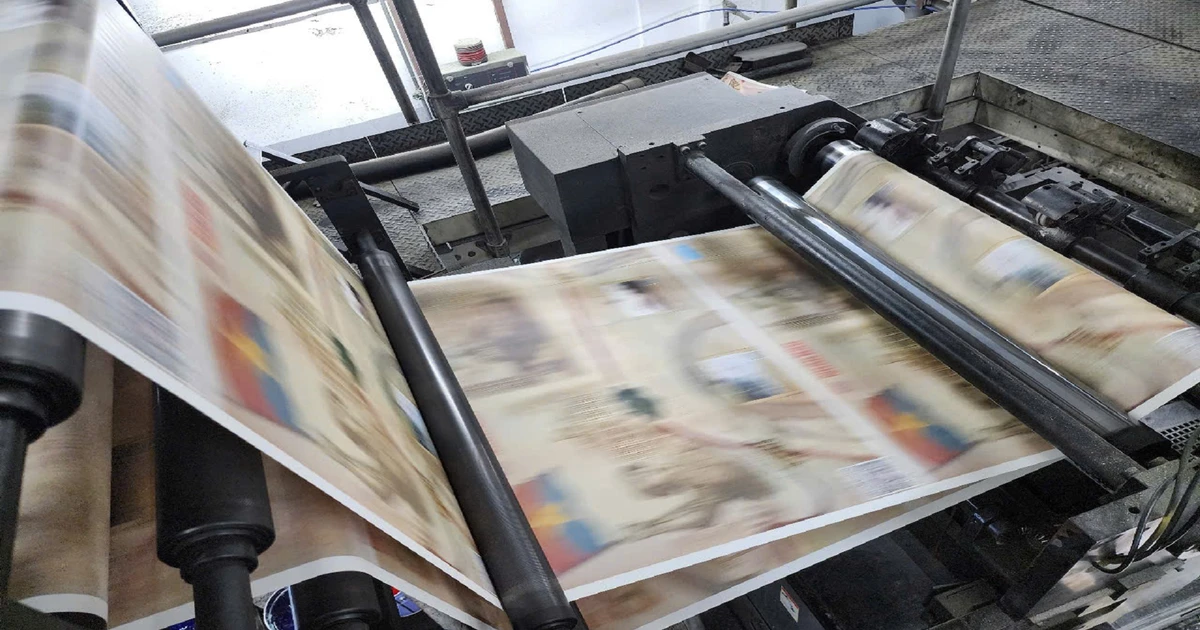
![[Photo] Readers' joy when receiving the supplement commemorating the 50th anniversary of the liberation of the South and national reunification of Nhan Dan Newspaper](https://vstatic.vietnam.vn/vietnam/resource/IMAGE/2025/4/26/283e56713da94988bf608393c0165723)
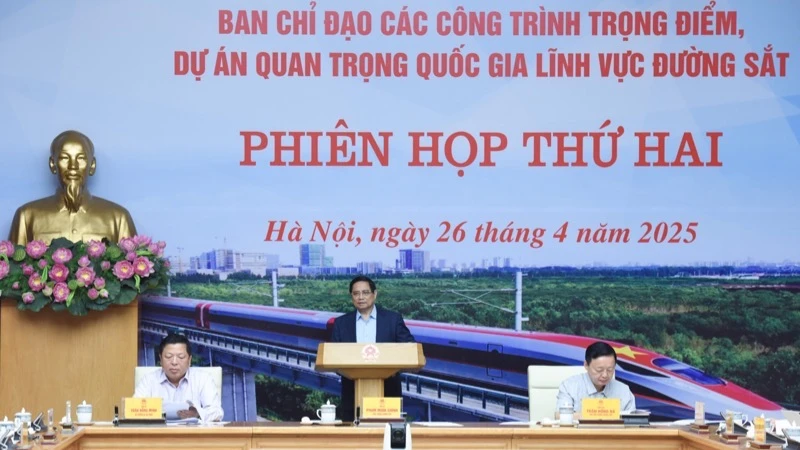
![[Photo] Young people line up to receive the special supplement commemorating the 50th anniversary of the Liberation of the South of Nhan Dan Newspaper](https://vstatic.vietnam.vn/vietnam/resource/IMAGE/2025/4/26/9e7e624ae81643eba5f3cdc232cd07a5)
![[Photo] Ho Chi Minh City people's affection for the parade](https://vstatic.vietnam.vn/vietnam/resource/IMAGE/2025/4/26/7fcb6bcae98e46fba1ca063dc570e7e5)
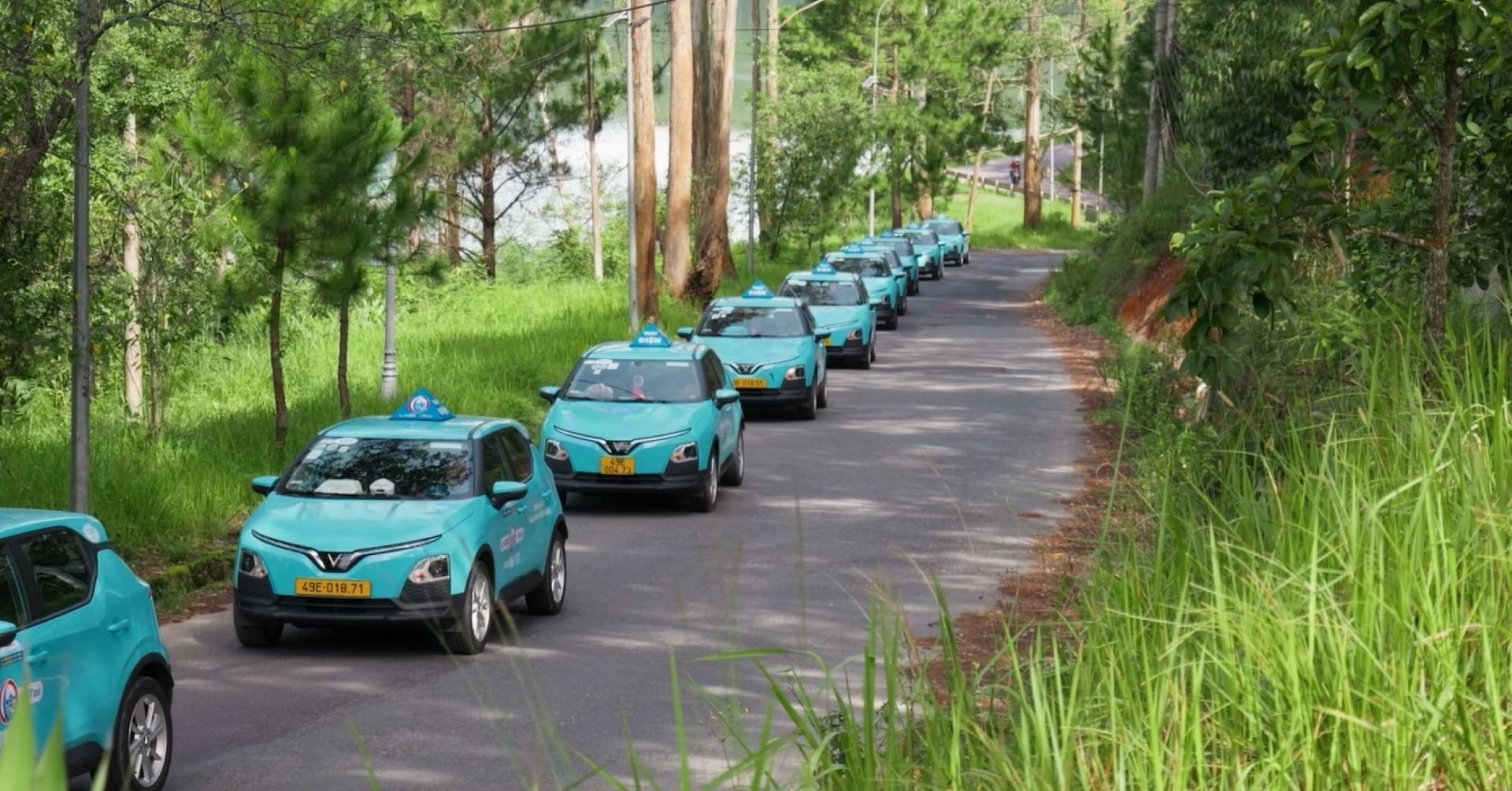

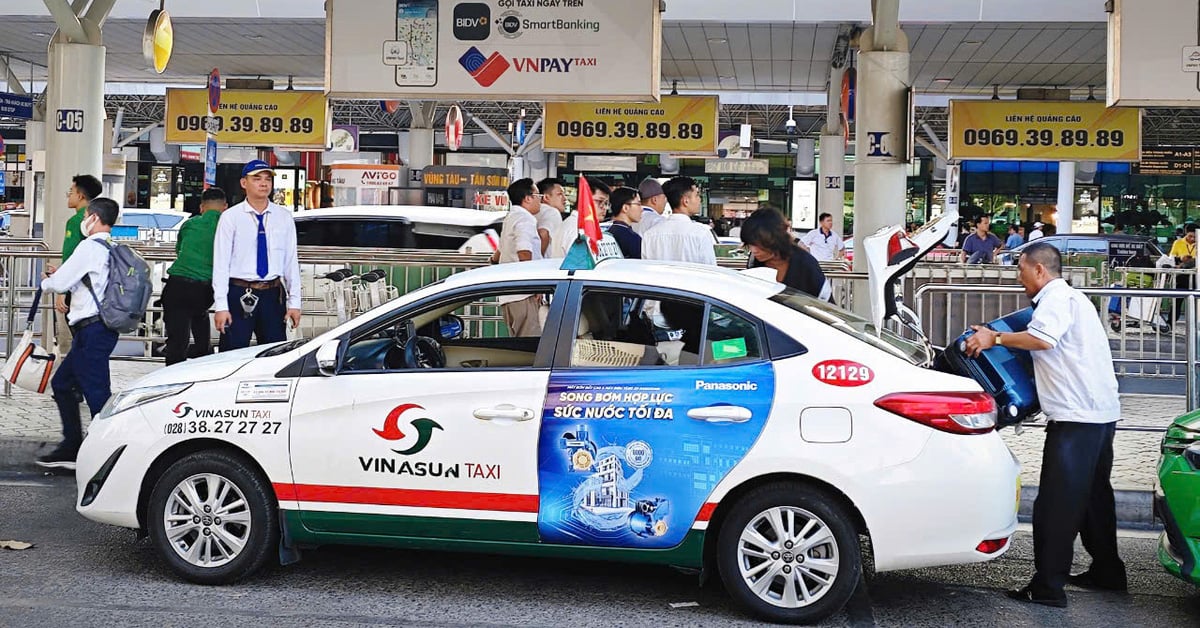



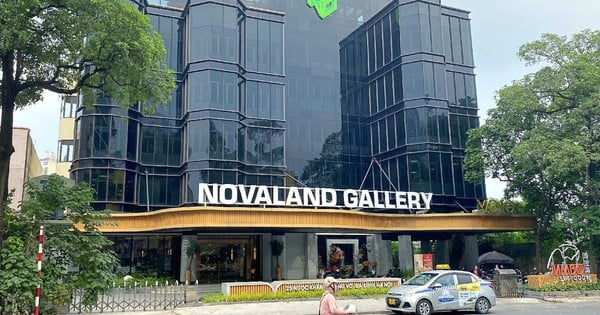

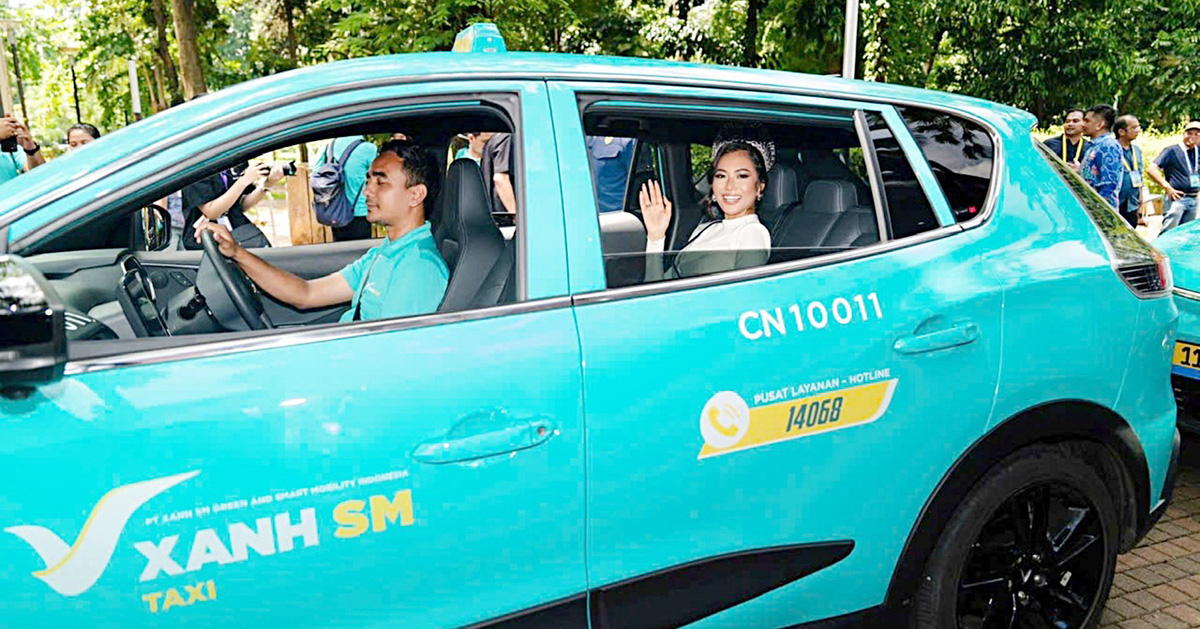
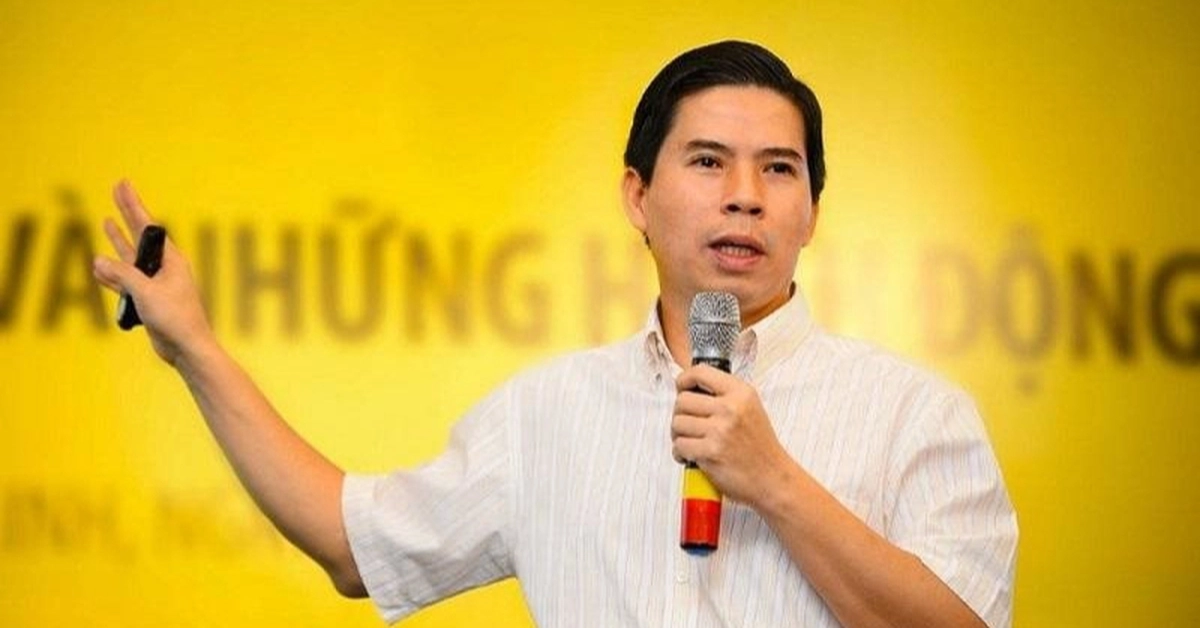



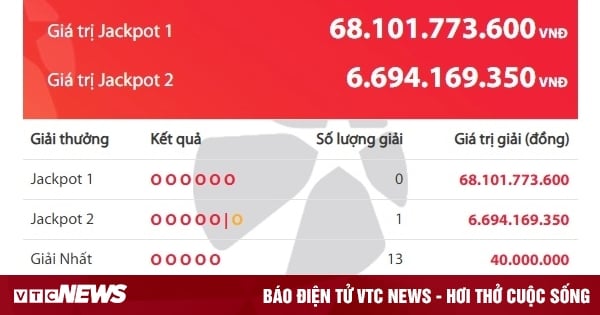

















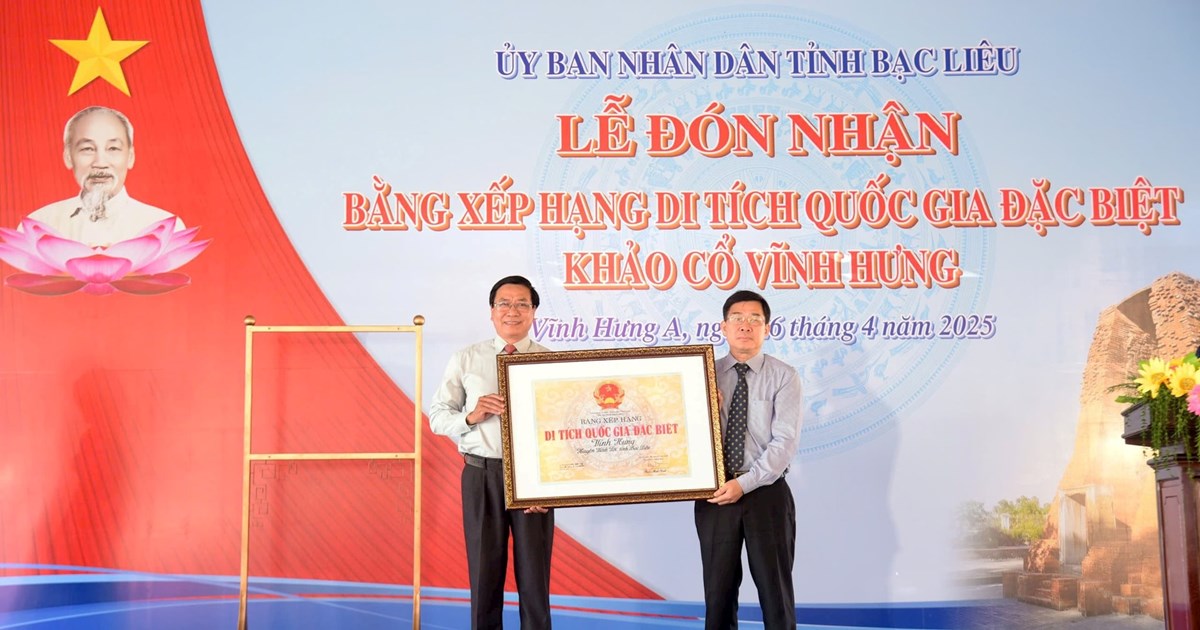



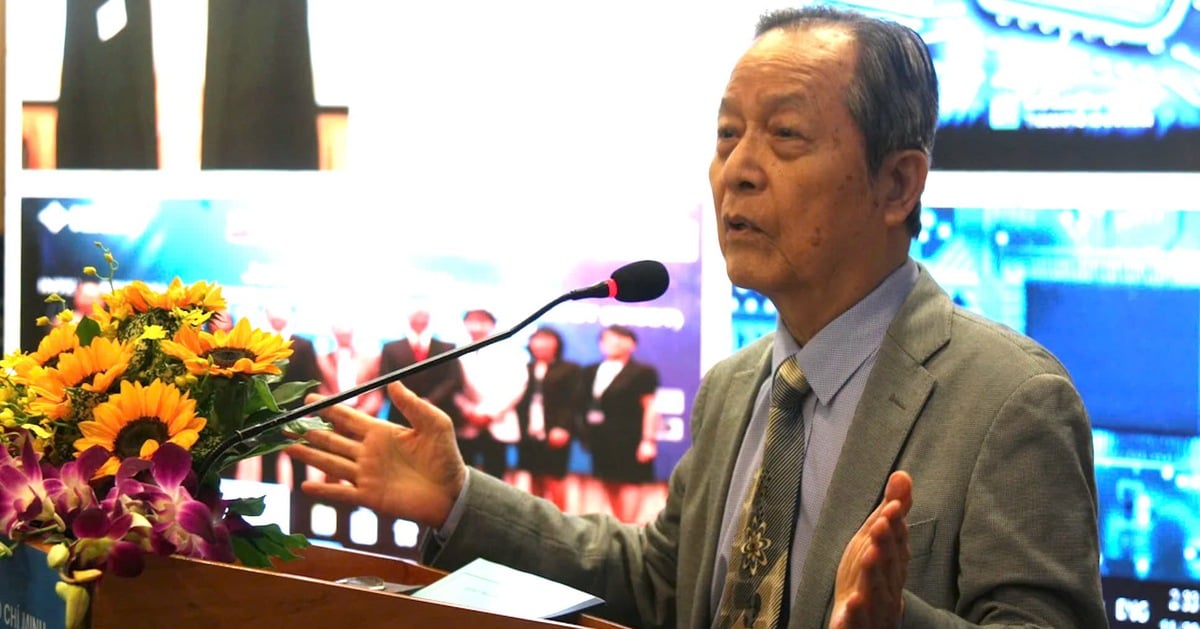
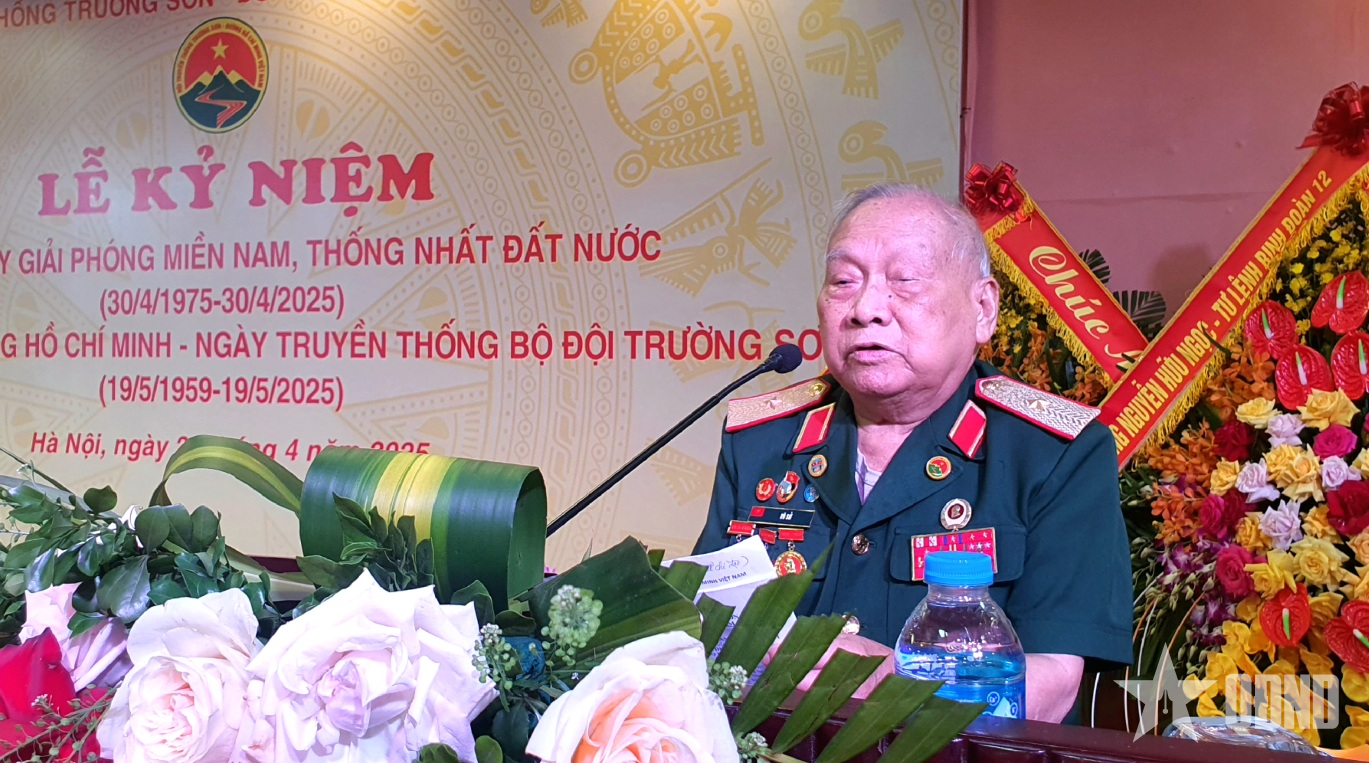












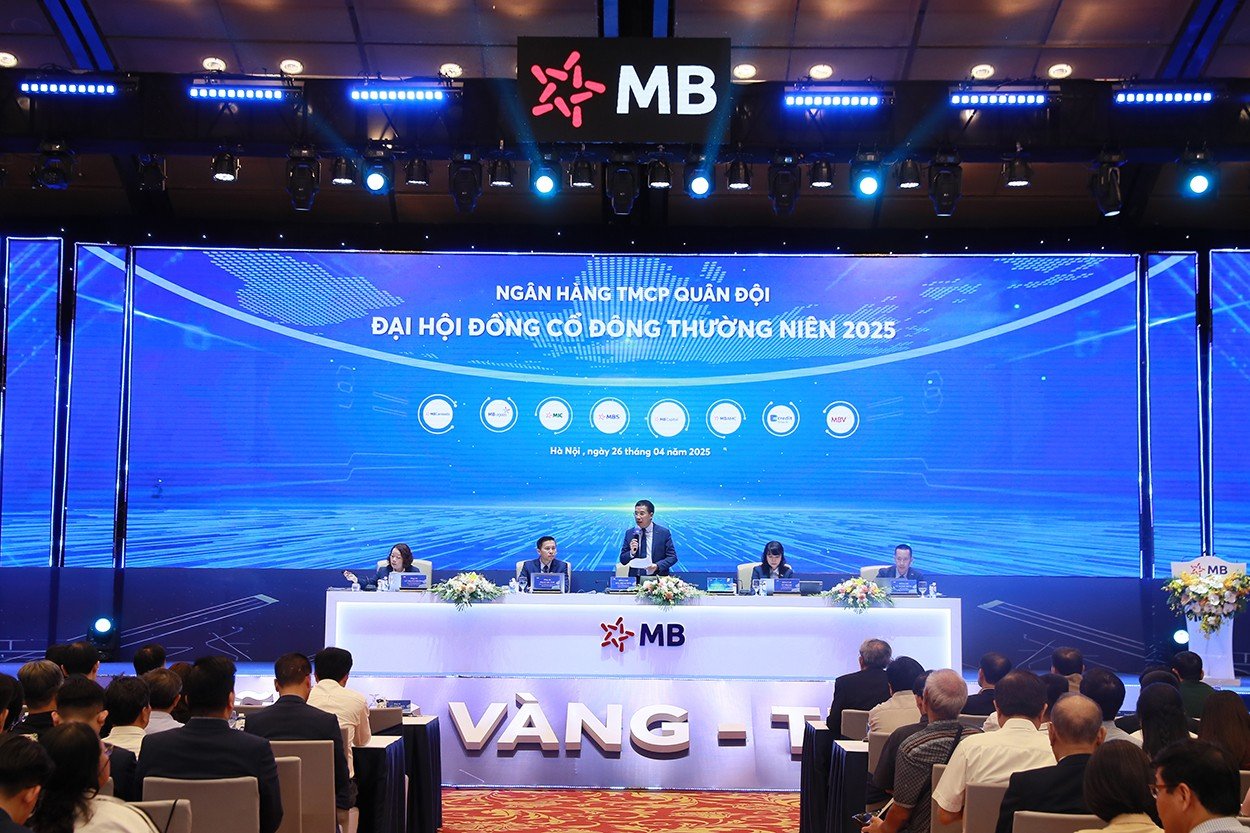


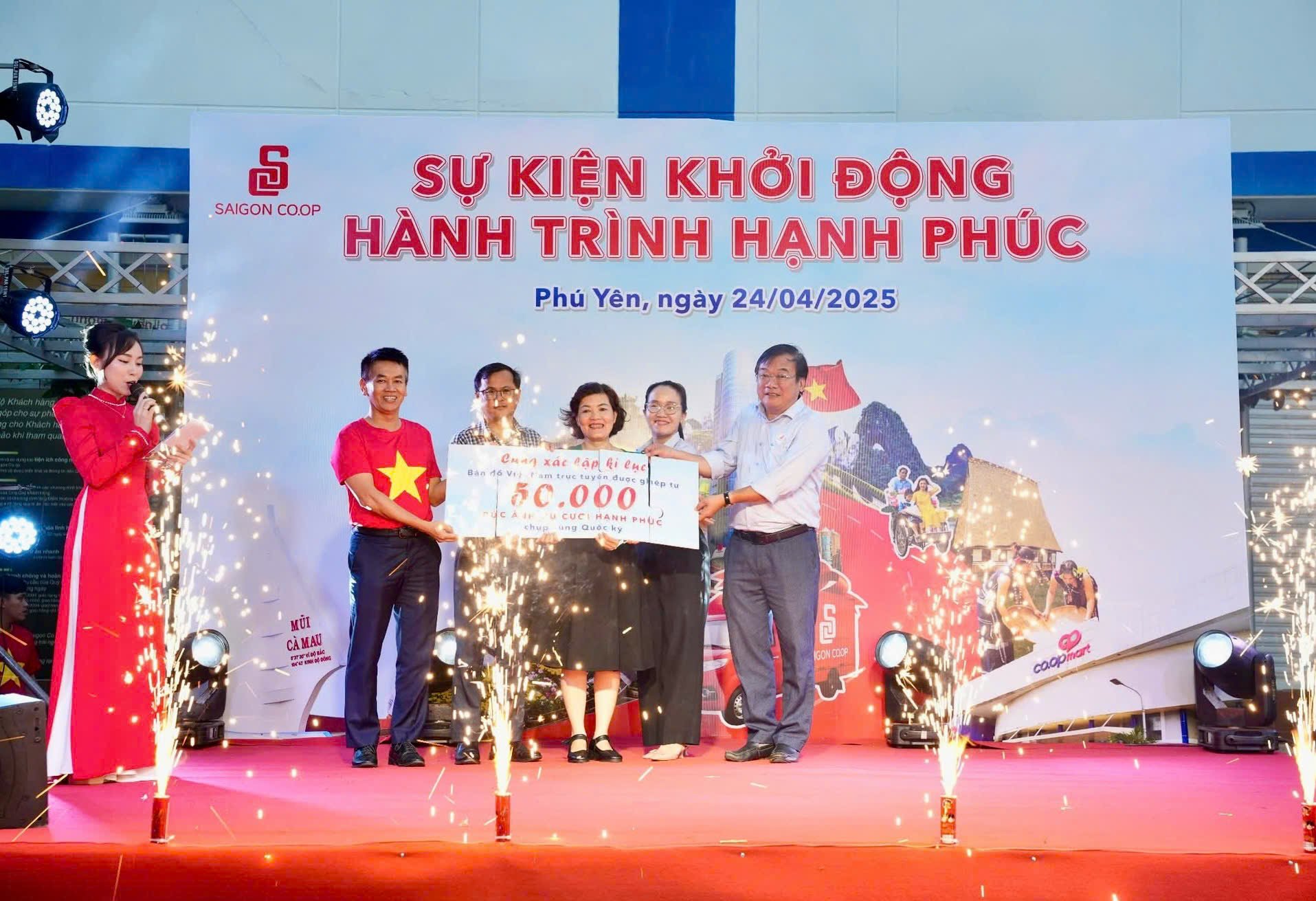





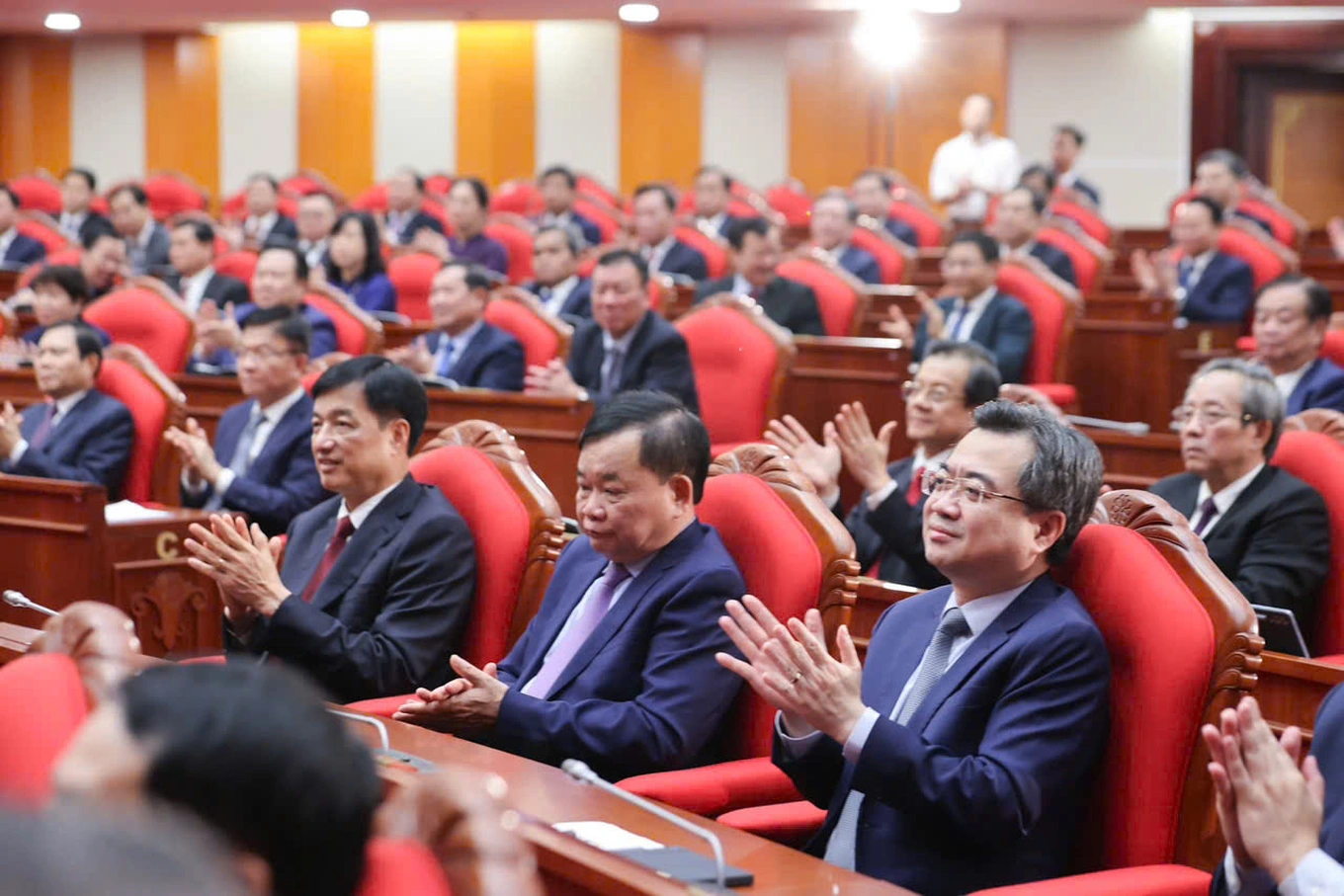
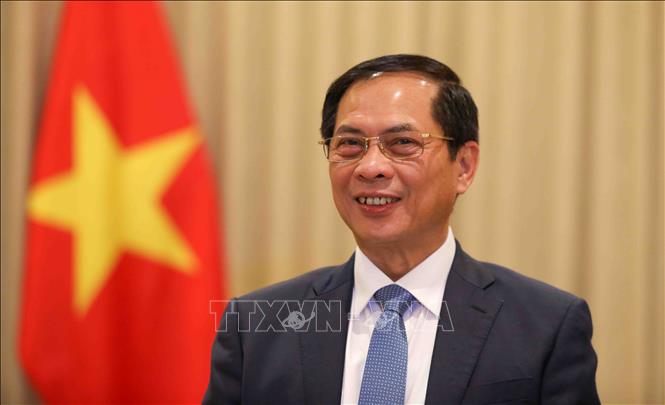






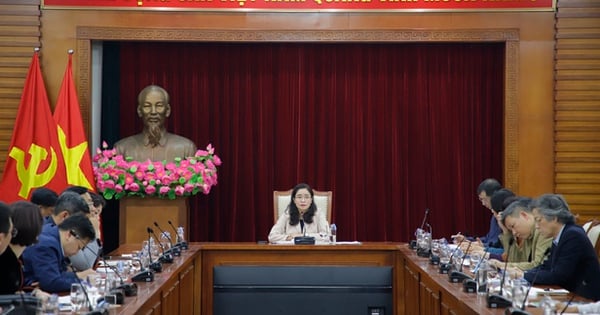









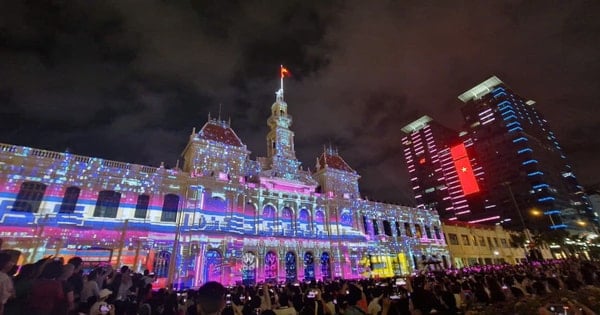

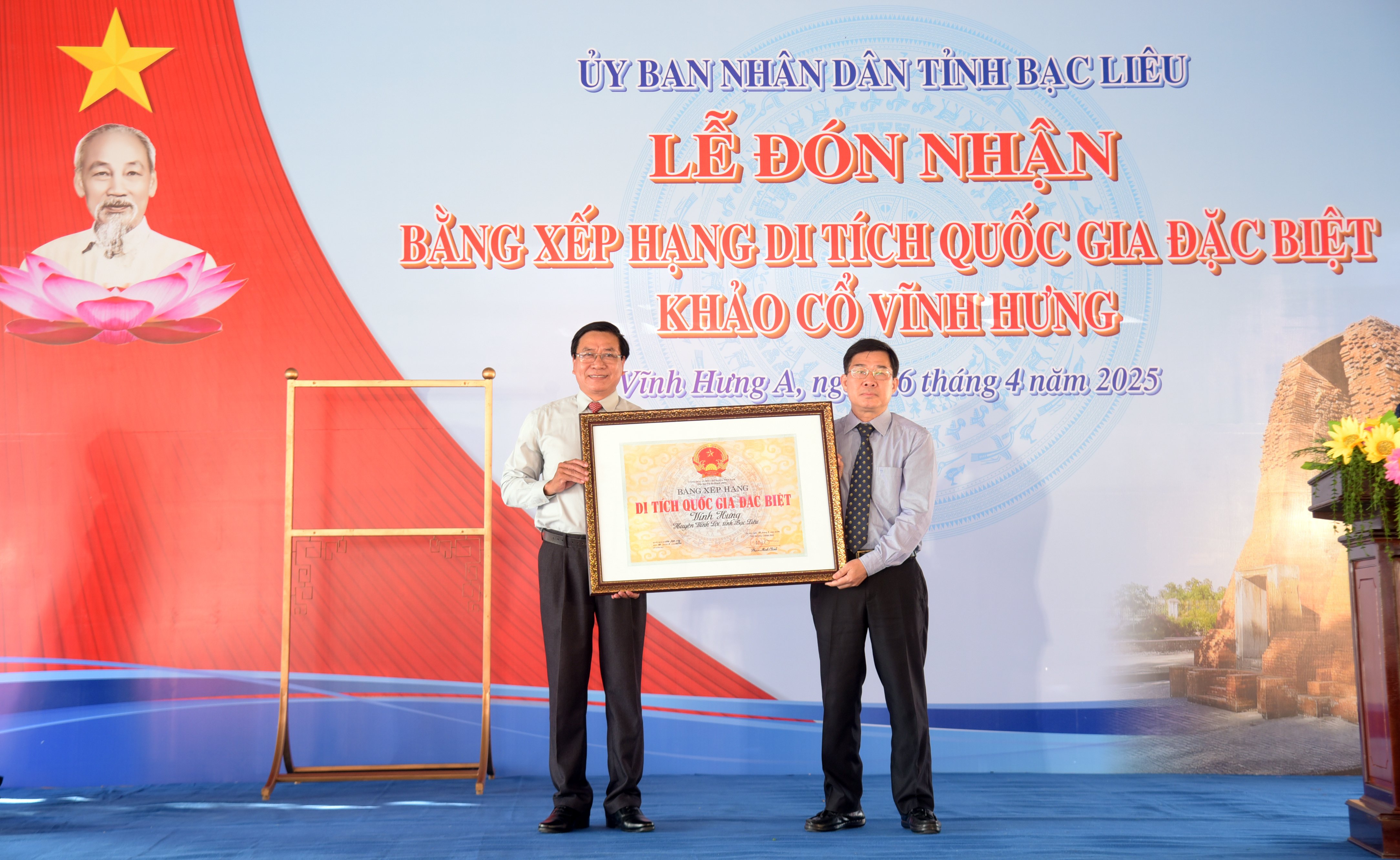










Comment (0)